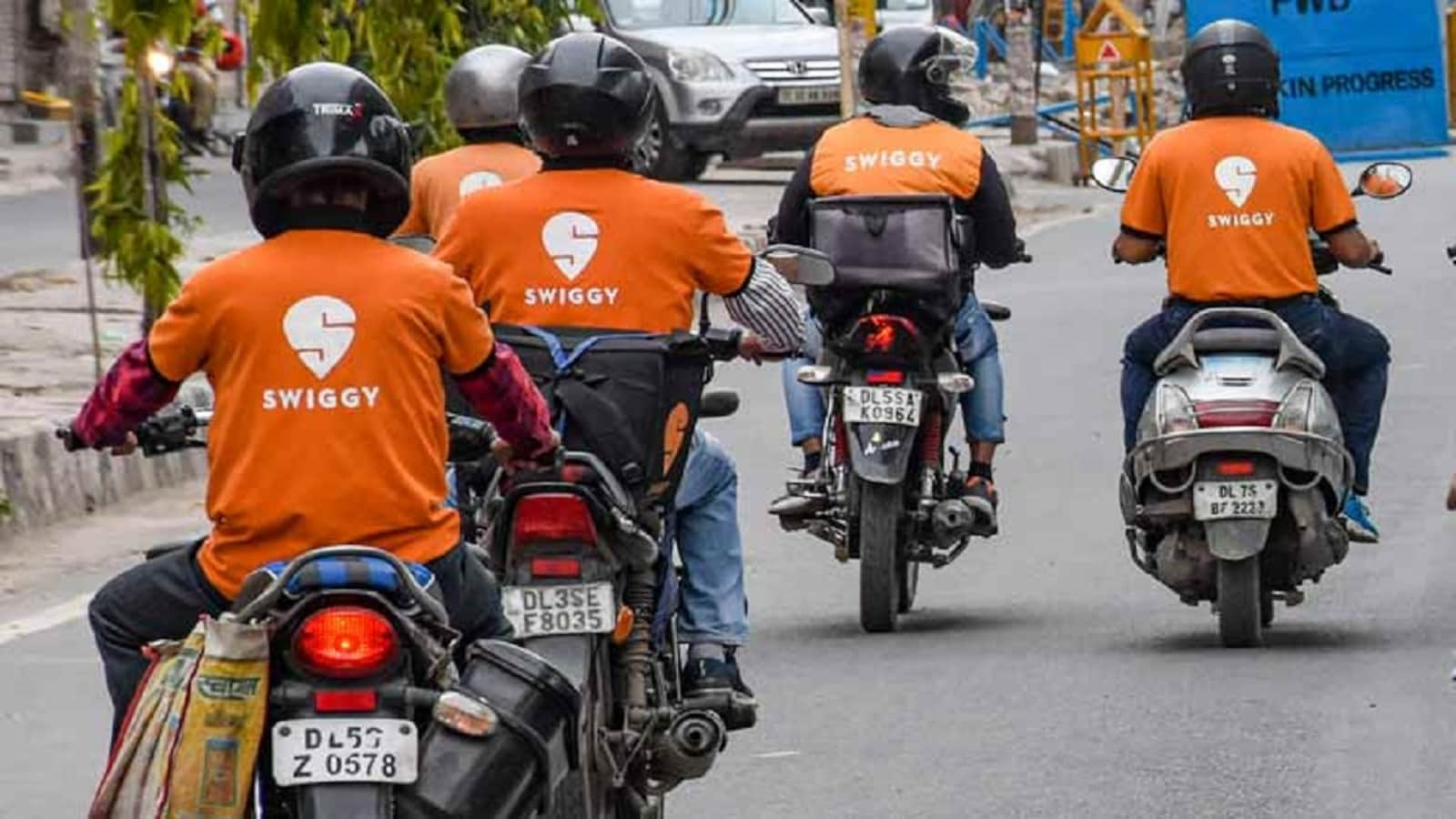Swiggy Experiencing Prodigious Solidity As Another Top-Level Executive Bids Farewell : Huge Changes : 2023
Farewell to a Titan: Swiggy's Monumental Shift as Another Key Executive Departs

According to informed sources, Anuj Rathi, the present Senior Vice President of Revenue and Growth at Swiggy, a prominent food and grocery delivery platform, is preparing to depart from the organization.

Rathi is in direct communication with Swiggy‘s founder and CEO, Sriharsha Majety. Currently, he is actively engaged in finalizing the specifics of his departure with the company’s management. These sources have confirmed that Rathi’s exit from Swiggy is being carefully deliberated and coordinated between him and the executive team.
Rathi’s forthcoming addition to Swiggy’s roster of high-level executives who have departed the organization over the past few months, such as chief technology officer Dale Vaz and vice president of marketing Ashish Lingamneni, highlights a pattern of significant transitions within the company.
Meanwhile, Karthik Gurumurthy, who leads the swift commerce enterprise Instamart, is currently on a sabbatical, while Nishad Kenkre, the vice president responsible for revenue and growth, has chosen to move on from his role.
Rathi spearheaded various key initiatives at the company, including growth marketing, customer management, Swiggy One, food marketplace, merchandising, social engagement, design solutions, financial services, partnerships, Swiggy Labs, and the successful implementation of meat-and-alcohol delivery services, among other areas.

With an impressive background, Rathi brought valuable experience to Swiggy, having previously worked with renowned companies such as Flipkart, Snapdeal, and Walmart. During his tenure, he excelled in product management, omnichannel commerce, revenue generation, and driving growth. Rathi’s contributions played a crucial role in Swiggy’s success and establishment as a leading player in the food delivery industry.
Rathi’s departure as the leader of growth and revenue coincides with Swiggy experiencing a deceleration in its primary food delivery operations. Recently, Majety revealed that Swiggy’s food delivery segment achieved profitability in March, considering all corporate expenses but excluding employee stock option costs. This achievement, according to him, marks a noteworthy milestone in the global realm of food delivery services.

In the current year, the company has implemented workforce reductions affecting a total of 380 employees. Additionally, as part of its strategic restructuring efforts, the organization has made the decision to discontinue operations in certain sectors, including the closure of Handpicked, its meat and gourmet grocery delivery business.
These measures are indicative of the company’s commitment to adapt to evolving market conditions and streamline its operations for enhanced efficiency and sustainability.
Swiggy, a prominent player in the food delivery industry, has encountered a significant reduction in its valuation as determined by various management companies that have made investments in the company. The most recent instance involves Baron Capital Group, a US-based asset management firm, which revised Swiggy’s valuation to $6.38 billion as of March 31, 2023.
This comes after a previous markdown in December 2022, where Swiggy’s valuation was reduced by 34% to $7.1 billion, as reported by ET on May 16. The successive write-downs in valuation highlight the evolving landscape of the industry and its impact on Swiggy’s financial standing.

According to a recent report on May 9th, Invesco, an investor, significantly reduced the valuation of a prominent food-delivery company by 33%. The company’s valuation was adjusted from $8.2 billion to $5.5 billion, following a previous decrease from $10.7 billion. This decision made by Invesco reflects a notable decline in the perceived value of the food-delivery company in the market.
The recent valuation adjustments offer a new outlook on the impact of weakening worldwide market conditions on Indian startups. In the previous year, there was a decrease in funding activity within the Indian startup ecosystem. However, several prominent startups maintained their valuations, either by securing capital through convertible notes, which delayed the determination of their actual worth until a later phase, or by choosing not to raise funds altogether.
Proofread & Published By Naveenika Chauhan





